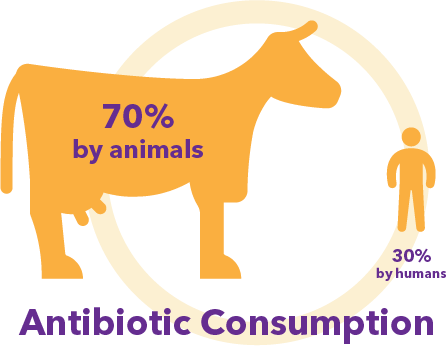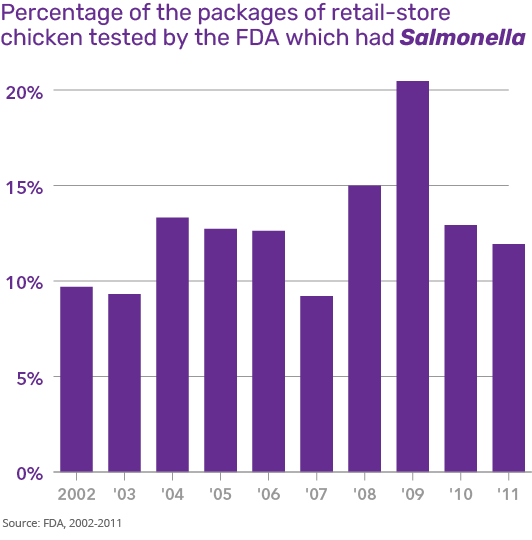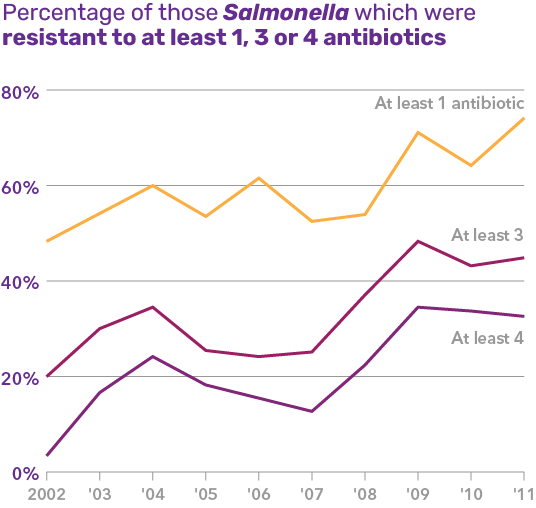Our Products Improve Livestock Farming and Aquaculture
Antimicrobial Resistance

Definition
Antimicrobial Resistance
The World Health Organization has declared that Antimicrobial Resistance (AMR) is one of the top 10 global public health threats faced by humanity. It occurs when microorganisms causing disease change over time and stop responding to the medicines that were previously effective.
The emergence and spread of AMR has been linked to the overuse or misuse of antibiotics in humans and animals. Livestock farming and Aquaculture account for a significant part of used antibiotics. The studies have shown that over 70% of antibiotics used worldwide are attributed to animal industry.
AMR poses a threat to effective treatments of a range of diseases, therefore it renders a serious risk to public health. It has also become a major sustainability risk together with climate change. The burden of AMR to the global economy is drastically high. Mortality and economic impact of AMR is estimated to reach 10 million deaths per year by 2050, costing up to $100 trillion.
Impacts
AMR in bacteria: Salmonella and E. coli
Widespread use of antibiotics in livestock serves to promote growth and prevent illnesses, however the excessive use on farms is boosting the rise of drug-resistant bacteria, which can spread between humans, from animal to human, and vice versa, including from food to animal origin.
In intensive livestock production systems, antibiotic-resistant resistant bacteria can spread easily between animals and this can be exacerbated if biosecurity is inadequate. The percent of Salmonella Typhimurium infections nonsusceptible to ciprofloxacin (an antibiotic to treat urinary tract infection) reached 74% in 2017 in USA, severely limiting treatment options. The rate of antimicrobial resistance for Avian Pathogenic Escherichia coli from ciprofloxacin varied from 8.4% to 92.9% in countries reporting to the Global Antimicrobial Resistance and Use Surveillance System (GLASS) in 2019.
Salmonella superbugs on the rise
Public health officials fear that antibiotics use on poultry farms is boosting the rise of antimicrobial-resistant Salmonella. The U.S. government does not require meat companies to automatically recall chicken products that test positive for Salmonella.


Global action on Antimicrobial Resistance

How Proteon can help you contribute to solving the challenges
Bacteriophages as a tool reducing AMR pace
Bacteriophages, also commonly known as phages, are viruses that attack and infect bacteria. They occur naturally and are the most populous organisms on the planet. Each bacteriophage is specific to one speciesof bacterium. For every known bacteria variety, there is at least one bacteriophage.
Proteon’s bacteriophage products are designed to proactively tackle the spread of antimicrobial resistance in livestock farming and aquaculture, while not changing the phage’s natural qualities. They are an effective novel tool that substantially reduces the need for antibiotic use and can even help reduce the spread of antimicrobial resistant bacteria in the environment.
